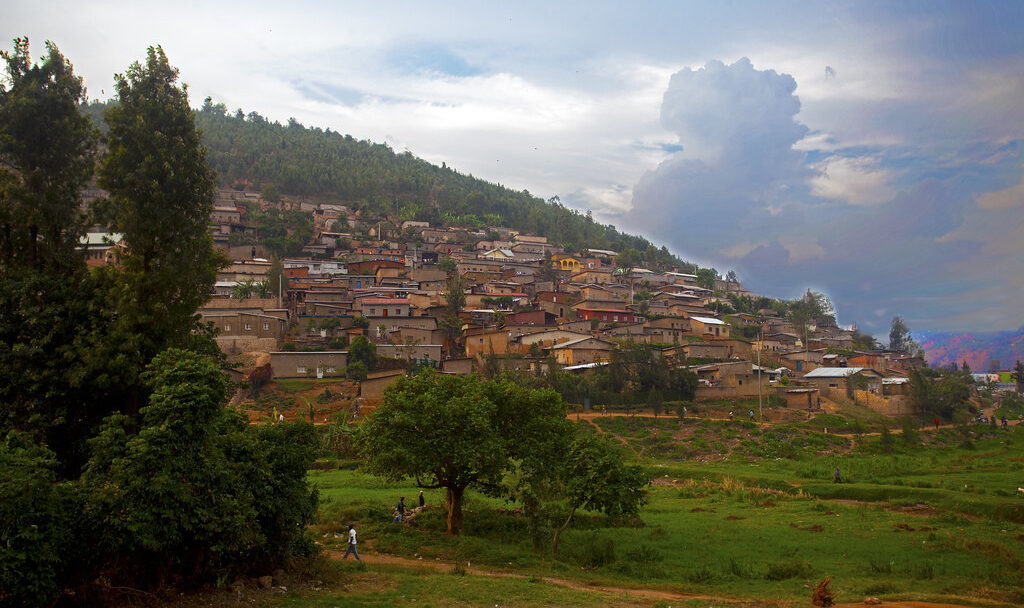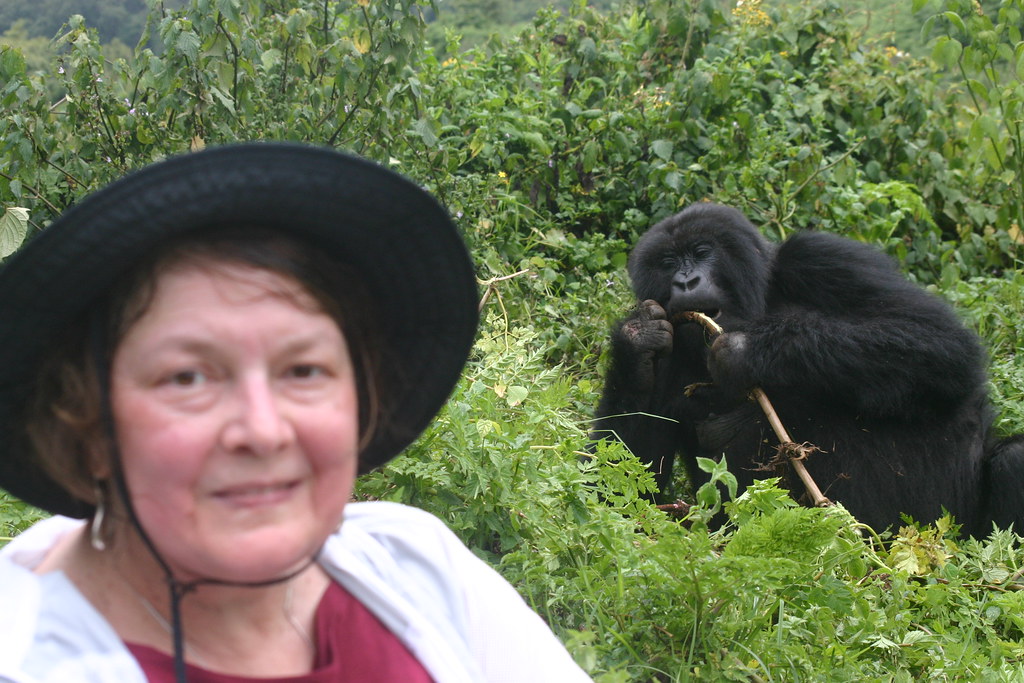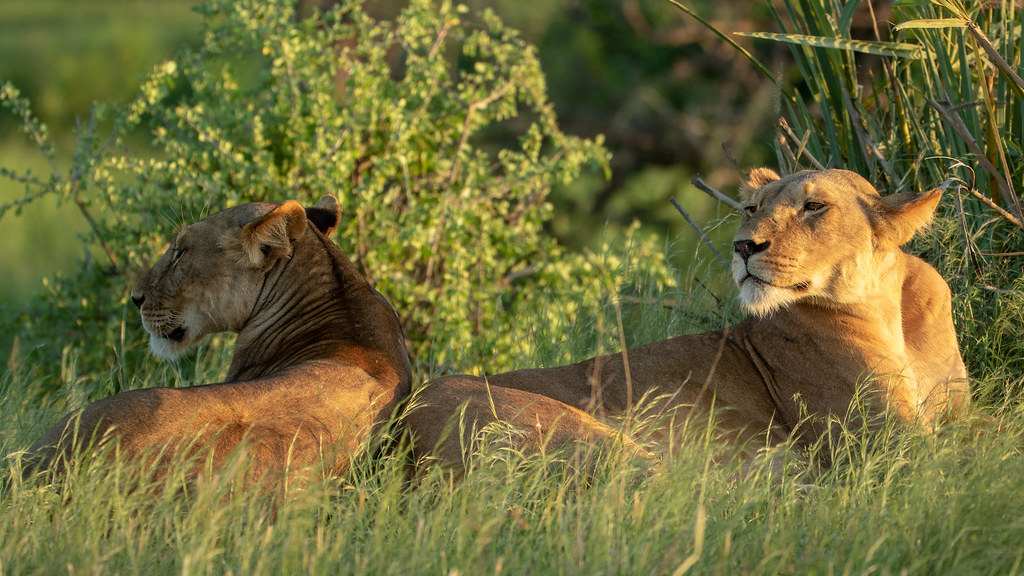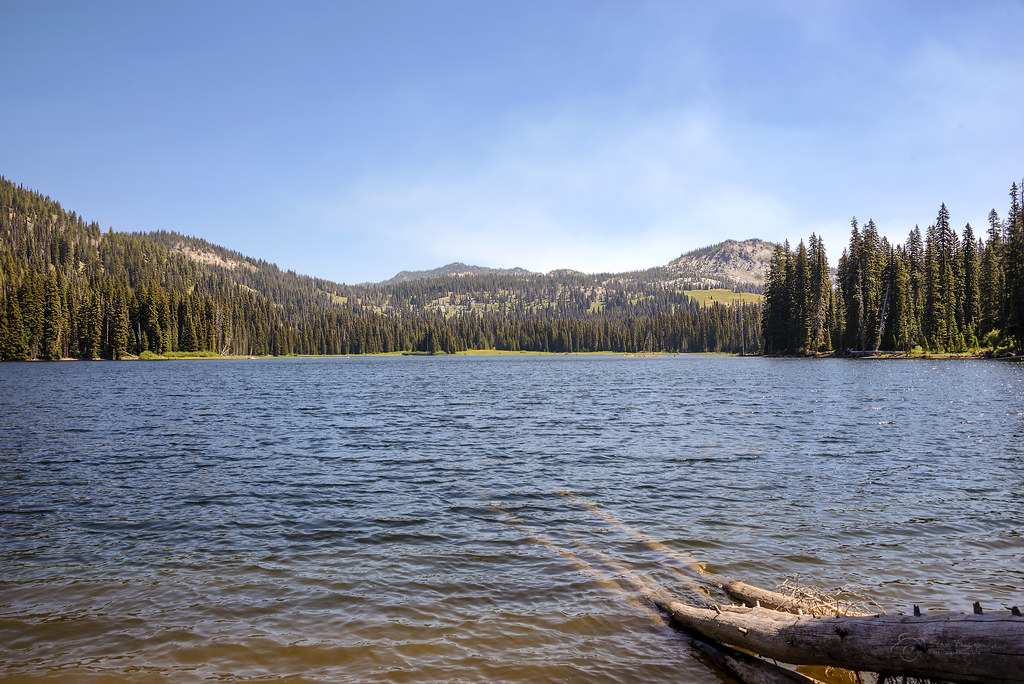
An Emerging Tourist Destination in the Heart of Africa
Rwanda: An Emerging Tourist Destination in the Heart of Africa
Rwanda, a tourism destination in the heart of Africa, attributes its rapid growth and development to advantageous government policies. The land-locked country, usually referred to as the ‘land of a thousand hills,’ encompasses an area of approximately 26,338 km² (10,169 sq mi) and is located in the Great Rift Valley in central Africa, where the Great Lakes region intersects with the southeastern region.
The nation has an estimated population of approximately 12,955,736 individuals as of 2021, predominantly reliant on agriculture, including livestock rearing and crop farming. This population is predominantly divided into two principal ethnic groups: the Tutsi and the Hutu, with a minority group of Twa, the descendants of the region’s initial immigrants, who constitute a hunter-gatherer society of pygmies.
The historical account of Rwanda a center for tourism
Rwanda
Archaeological evidence suggest that the initial human presence in present-day Rwanda dates back to approximately 8000 BC to 3000 BC. The ancestors of the ‘Twa,’ often referred to as the Batwa people, mostly relied on hunting game and foraging for fruits. The Bantu-speaking populace (Hutu) came into the region between 700 BC and 1500 AD. Subsequently, the Nilo-Hamitic tribes, specifically the Tutsi, migrated to this region, as posited by certain hypotheses. Conversely, other theories suggest that the Hutus and Tutsis were not ethnically distinct but rather represented a social class divide that emerged later within this community.
It is important to stress that these migrations were gradual and characterized by integration rather than the conquest of existing communities. At the time of European arrival, Rwanda was administered by a monarchical government and was recognized as the Kingdom of Rwanda, with clan structures serving as a means of social organization. The Nyiginya clan was the principal lineage that generated kings.
Rwanda was initially occupied by Germany and subsequently by Belgium before achieving independence in 1962. The nation saw one of the most severe humanitarian catastrophes in Africa: the 1994 genocide, during which over 1 million Tutsi and moderate Hutus are estimated to have perished at the hands of the extreme Hutu faction over a span of 100 days. The genocide concluded with the military coup d’état executed by RPF forces led by the current president, Paul Kagame.
The new leadership initiated the reconstruction and repair of infrastructure and communities by prioritizing unity and reconciliation between the victims and perpetrators of this tragic human disaster. The prohibition of ethnic identification led individuals to identify themselves as Rwandans rather than by the former Tutsi-Hutu classifications. Reconciliation villages were built where survivors and victims of the genocide coexist together with the perpetrators in the same homesteads.
Tourism: Rwanda as a Tourist Hub
Since then, the nation has made significant progress in development, emphasizing tourism and infrastructural enhancement. Rwanda boasts three primate parks, including Volcanoes National Park, renowned for gorilla trekking safaris to observe mountain gorillas. The park is home to Golden monkeys and various other monkey species. Gishwati-Mukura National Park is a recently inaugurated primate sanctuary located in the northwestern region of the country. Additional game reserves in Rwanda comprise Nyungwe Forest National Park, renowned for its chimpanzees and various primate species, and Akagera National Park, the nation’s sole savannah park, which hosts members of the Big Five animals and other mammalian species.
The principal attraction of Rwanda is the esteemed Mountain Gorilla, a subspecies of the Eastern Gorilla, which is exclusively located in the Virunga massif spanning Rwanda, Uganda, and Congo, as well as in Bwindi National Park in Uganda.
 Recently, Rwanda has transcended its troubled history to establish itself as an emerging power in Africa’s travel and tourist sector. The nation has emerged as a prominent venue for international events, conferences, and meetings, with its capital, Kigali, recognized by the International Congress and Convention Association (ICCA) as the second most favored location in Africa.
Recently, Rwanda has transcended its troubled history to establish itself as an emerging power in Africa’s travel and tourist sector. The nation has emerged as a prominent venue for international events, conferences, and meetings, with its capital, Kigali, recognized by the International Congress and Convention Association (ICCA) as the second most favored location in Africa.
The country conducts several major athletic events, like the Tour Du Rwanda, which occurred on February 25th of this year, uniting cyclists from across the world in a tour throughout the nation. The country is anticipated to host the UCI (Union Cycliste Internationale) World Cycling Tour in 2024, featuring renowned professional cyclists. The nation recently hosted the African Basketball League, featuring 12 teams competing for the championship, thereby positioning Rwanda as a viable candidate for future continental sporting events.
It is significant to acknowledge that Rwanda will host the Commonwealth Heads of Government Meeting (CHOGM) this June, which encompasses other sectoral meetings, including the Commonwealth Youth Forum, among others.
Aside from agriculture, tourism is a significant contributor to Rwanda’s national GDP. As reported by World Data (worlddata.info/Africa/Rwanda/tourism.php), over 2 million visitors visited Rwanda in 2024, contributing almost 1.6 billion US dollars to the economy, which represented 15.1% of the GDP.
The prominence of Rwanda as a distinguished MICE destination is attributable to various contributing elements.
The straightforward visa process permitting travelers from any nation to obtain a visa upon arrival, along with the convenient accessibility provided by the national airline (Rwanda Air) and various other global carriers, has rendered Rwanda an attractive destination.
The presence of numerous world-class facilities for hosting events and conferences significantly enhances the country’s appeal as a preferred location for MICE visitors. The Kigali Convention Centre, the Kigali Conference and Exhibition Village, the Intare Conference Arena, and the recently inaugurated Kigali Arena have significantly contributed to establishing Rwanda as a prominent MICE destination.
Stability and cohesion
Rwanda as a tourism destination
It would be unjust to discuss Rwanda without emphasizing its hospitable populace and the prevailing safety and security. Despite criticism of the current system for stifling human rights and freedoms, particularly freedom of expression and speech, the nation remains entirely safe and secure for all citizens and tourists, provided they adhere to the country’s laws and regulations. As a nation still recovering from genocide, it is understandable that the government has imposed stringent limits on certain liberties, such as speech, to avoid provoking the populace’s emotions and sentiments.
Rwandans have a profound sense of oneness and affection for both one another and for outsiders. It is unsurprising that the city, Kigali, is considered one of the cleanest and safest cities in Africa. Visitors can stroll through the city center at any hour without perceiving any threat to their safety or belongings. The streets are pristine and tranquil; certain areas have been designated as vehicle-free to facilitate pedestrian movement and relaxation, allowing individuals to socialize or browse the internet via the city’s complimentary WiFi.
The proximity of Volcanoes National Park, one of the few remaining habitats for the endangered mountain gorilla, to Kigali (a three-hour drive) has enabled travel and tourism in this region known as the land of a thousand hills. Individuals can conveniently allocate a day or two from their meetings or conferences in Kigali to engage in gorilla trekking, accommodating even those with stringent schedules.
Pristine aesthetics
Rwanda as a tourism destination
In addition to gorillas and other animals such as chimpanzees and the Big Five, Rwanda’s landscape of towering hills and meandering valleys offers remarkable beautiful splendor. The efficient road network linking all sections of the country facilitates access to any area. To the north, west, and south, one traverses imposing hills and profound valleys, but to the east, the countryside expands into captivating open plains that provide expansive vistas of the terrain and host the Akagera Game Park, which harbors savannah-dwelling species.
The stable political climate and security, together with Rwanda’s stunning landscapes and captivating wildlife, position the country as a burgeoning tourist destination in Africa, irrespective of its size. Explore the poignant history, appreciate the enchanting present, and envision the promising future of this remarkable nation. As Rwanda Air expands its routes and destinations both continentally and globally, alongside the several airlines servicing the country, the future of Rwanda’s tourism is poised to be promising and vibrant.
Are you interested in visiting Rwanda for exceptional experiences such as gorilla trekking? Contact us, and we will organize your vacation on favorable conditions.


